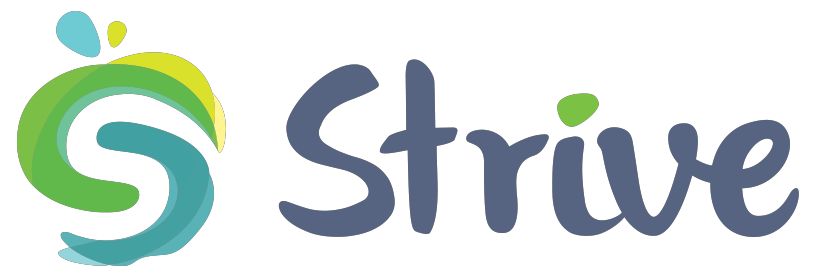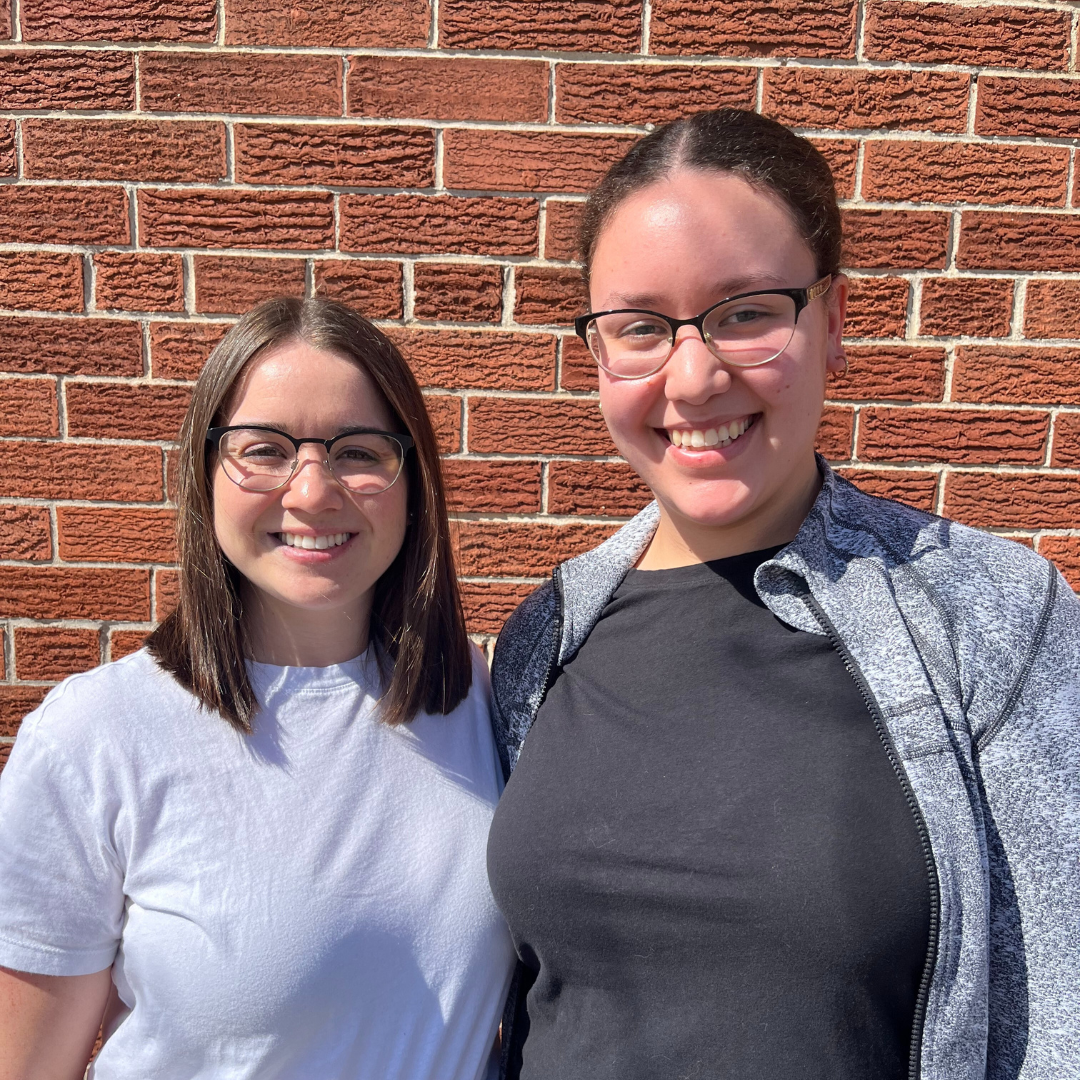REFLECTING ON MENTORSHIP AND PROFESSIONAL FRIENDSHIP IN EARLY CHILDHOOD EDUCATION (REPOST)
“Mentorship and professional friendship are valuable strategies for supporting professional learning and growth in early childhood education”.
- Diane Kashin, 2023
About Diane
Dr. Diane Kashin, EdD, RECE, Professional Learning for Early Childhood Education
Diane is a registered early childhood educator from Ontario, Canada. Diane taught early childhood education at both the degree and the diploma level for over 30 years. Diane received a Bachelor of Honours Degree from York University, an Early Childhood Education Diploma from Seneca College, and master’s and doctorate degree from the University of Toronto. Diane’s doctoral thesis on emergent curriculum was published in 2008 and she has co-written three ECE textbooks. Diane has a new book coming out this fall from Redleaf Press titled, Cultivating Professional Friendships in Early Childhood Education. Diane has presented webinars, workshops, and keynote addresses in Ontario, across Canada, and internationally. Diane also writes a blog to support professional learning in early childhood education: Technology Rich Inquiry Based Research.
In a recent blog post, Diane shares about her work towards challenging the current view of mentorship and professional friendship within early childhood education and care (ECEC). Furthermore, re-conceptualizing and reframing these two concepts in hopes of encouraging ECEC professionals to embrace reciprocal learning within their relationships and engage in continuous professional learning.
In her blog, Diane also connects to and highlights the work of Strive team members Kayla and Haille. Kayla and Haille aim to redefine what mentorship means within various contexts and advocate for the need for mentorship throughout one’s practice no matter what stage they are at within their professional journey.
Kayla Bartlett (left) & Haille Ifabumuyi (right)
To hear more from Diane on this topic, check out her blog post Reflecting on Mentorship and Professional Friendship in Early Childhood Education HERE or continue reading below!
Also, listen to “Cosy Cottage Conversations with Cindy Green and Diane Kashin” on Strive's podcast, Leading Inspired Learning, where we dive deeper into this conversation!
Reflecting on Mentorship and Professional Friendship in Early Childhood Education
By: Diane Kashin, EdD, RECE
Technology Rich Inquiry Based Research Blog
Mentorship and professional friendship are valuable strategies for supporting professional learning and growth in early childhood education. The College of Early Childhood Education in Ontario defines mentoring as a reciprocal, relationship-based, and process-oriented experience between a mentor and a mentee, aimed at improving professional practice through reflective practice, self-directed learning, and collaboration. The traditional notion of mentorship however, is as a one-way transfer of knowledge and expertise. While mentees can eventually become mentors themselves, the cycle of knowledge sharing and professional growth may be limited if the mentor is more powerful than the mentee. The distinctions between a mentor and mentee as described by the College of ECE suggests that it is the mentor who shares knowledge and the mentee who receives.
It is impossible to be more knowledgeable in all circumstances. If we see mentorship as a process-driven reciprocal relationship, the role of mentor should be dynamic, going back and forth between two people. According to Vygotsky’s MKO theory (More Knowledgeable Other), learning occurs when someone more knowledgeable bridges the gap between a person’s current abilities and their potential for growth. As early childhood educators, we can benefit from the expertise of a MKO, but it is essential to recognize that we may not always be the most knowledgeable or skillful individual in every situation. Even though I have been an early childhood educator for decades, I am not always more knowledgeable, skillful, or even wiser than others. Case in point, is my professional relationship with two much younger early childhood education leaders, Kayla and Haille. They are involved in a project focused on co-creating a sustainable, multi-pronged mentorship model where early years professionals, in all aspects of their career (e.g., students, leaders, educators working directly with children), feel supported through mentorship. This approach aims to challenge the traditional power dynamic between mentors and mentees and emphasizes the importance of reciprocal learning. Haille and Kayla are intentionally exploring mentorship within the context of friendship, acknowledging the emotional and intertwined nature of the work. They aim to create a space where everyone feels listened to, regardless of where they are on their professional journey. Check out this podcast to learn more about their work.
Inherent in the traditional mentorship model are challenges, such as finding suitable mentors and time constraints whereas professional friendships develop naturally among colleagues who share common interests and values. In my book, Cultivating Professional Friendships in Early Childhood Education, I advocate for a comprehensive approach where individuals assume all the roles as needed—friend, mentor, mentee, and coach. By embracing these roles, we can create a supportive learning environment where everyone can contribute their unique perspectives and expertise. By embracing the reciprocal nature of learning and recognizing the value of all roles, we can create a dynamic and inclusive space for continuous professional learning.
It is about dismantling and interrogating what mentorship means and recognizing that meaning evolves when we are at different stages of our professional practice. It is likely that ECE students will have practicum mentors. As Haille explains, this kind of relationship might be something that is seen as part of the work, a task to add on to an already busy day or it can be seen as exciting. Kayla reflected on the echo chamber of burnout when the ECE feels that they already have so much to do. An echo chamber is an environment in which you encounter only beliefs and opinions that coincide with your own, where existing views will be reinforced, and alternative ideas won’t be considered. If everyone, is complaining about mentoring ECE students, you might not get to the level of feeling excited about mentorship. If, according to Kayla, you are are only engaging in a hierarchal relationship where a mentor is passing on knowledge and expertise to a mentee, real change will be difficult. There is value in that reciprocal transfer of information. Students might have knowledge that is more current than the ECE in the room.
In the hour and half that we spent in dialogue about mentorships, we covered a lot of bases! We learned from each other. I hadn’t previously reflected on echo chambers in early childhood education! It makes a difference to be open to different perspectives and to consider how our environment or context impacts our views. Mentorship and coaching are often seen from the perspective of business environments. In a care environment you cannot separate your roles. Kayla explained that at times you are coaching, other times you are mentoring and there are times when you are acting as a professional friend. It is much more of an emotionally intertwined environment. We have feelings and when working 9 to 10 hours a day in high stress environments, we get to know each other on many levels. With intentionality, Haille and Kayla are digging deeper into mentorship while considering friendship as they co-construct and co-design this project within their communities. Ultimately, the desire is to get to a place in their work where everyone feels listened to no matter where they are on their journey.
I am confident that Haille and Kayla will continue to move ahead with their good work. I look forward to standing by and watching them shine! I am eager to hear about their learning and professional growth as a friend, a mentor, a mentee, and coach. I wrote my book on professional friendships because I want every early childhood educator to have access to an empowering professional relationship. Professional friendship is an option when there are challenges and problems inherent in mentorship:
Can you find a mentor? I asked a group of ECEs during a webinar on professional friendships, if they had a mentor and/or a professional friend. Overwhelmingly they did not have access to a mentor, but they all felt they had a work friend who supported their growth and development.
Is there a shortage of mentors? Not everyone is willing to take on a mentorship role which can result in limited access to mentorship opportunities, making it difficult for all to benefit from this form of professional learning.
Will your mentor have time to mentor? Both mentors and mentees often have demanding schedules, which can make it difficult to find dedicated time limiting the ability to fully engage in the mentorship process.
Are you well matched to your mentor? Mismatches can occur especially if your mentor has been designated. For mentorship to be effective, it’s crucial to have a good match between the mentor and the mentee. With differences in personalities, philosophies, and communication styles the mentoring relationship can be hindered. If there is a lack of compatibility or rapport between the mentor and mentee, it can impede the mentee’s comfort level in seeking guidance thus limiting the effectiveness of the mentoring process. If the mentor is not comfortable, they may not offer their support and encouragement to the mentee.
Is there a commitment to co-learn in a dynamic process? A mentor may lack experience or knowledge in certain areas. The quality of mentoring will be inhibited if this is not acknowledged and accepted. Mentorship is a process, and the teaching and learning goes back and forth. Why not learn together? Why not learn from the mentee as they have a perspective, experience, and expertise?! A mentee needs to feel heard and not only be in a receiving mode.
Mentorship aims to support the mentee’s professional growth through guidance, expertise sharing, and skill enhancement. Professional friendship, on the other hand, focuses on emotional and social support among colleagues, fostering camaraderie and mutual encouragement. Unlike mentorship, professional friendships develop naturally over time among like-minded colleagues without a hierarchical structure. Mentorship entails accountability, evaluation, and goal-oriented guidance from the mentor to ensure the mentee’s development. In contrast, professional friends provide support and build positive relationships through shared experiences. Mentorship and professional friendship are two vital pillars of support in early childhood education. Rather than viewing these approaches as mutually exclusive, we should recognize their complementary nature, allowing them to coexist harmoniously in our professional lives. Mentorship and friendship are about relationships of mutual discovery, enriching the landscape of early childhood education with diverse forms of support and encouragement.
You can find Diane on:
Have any questions or comments? Share with us below!







